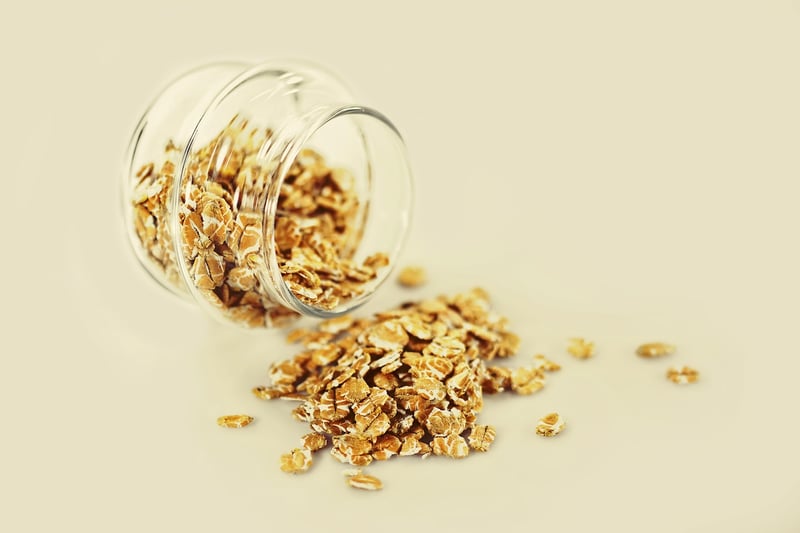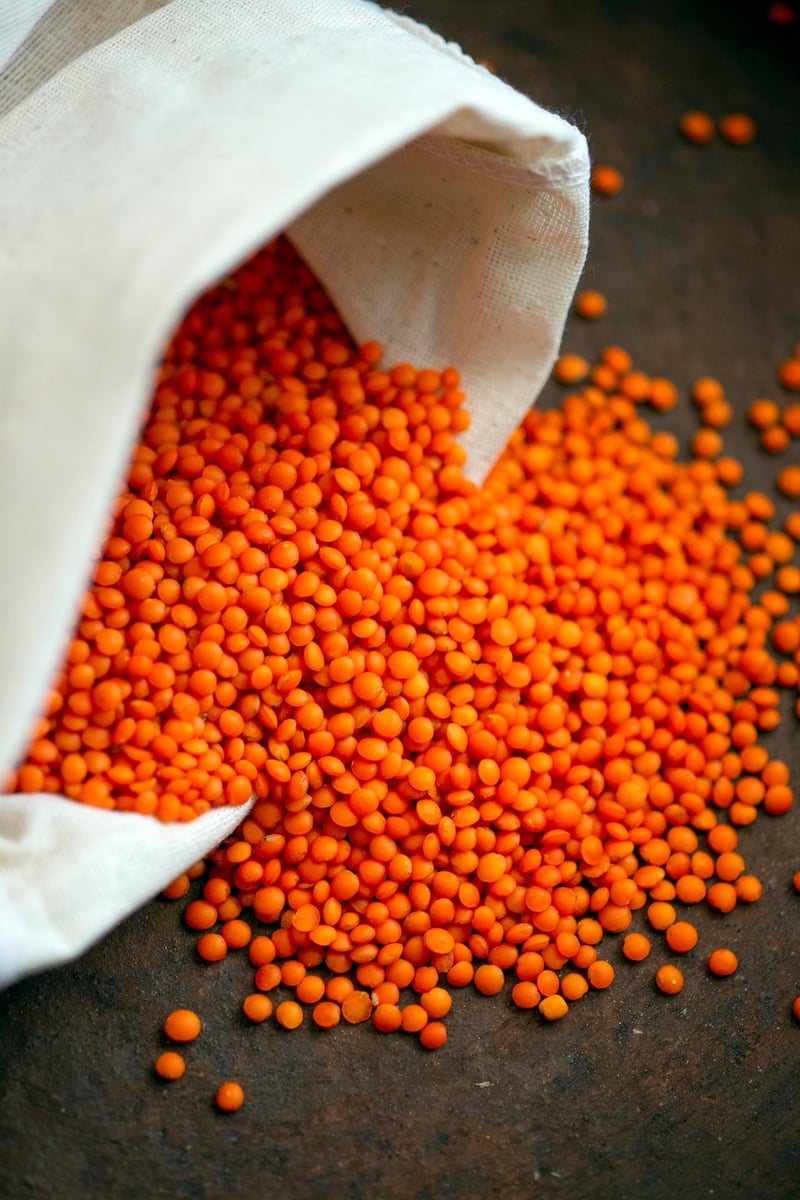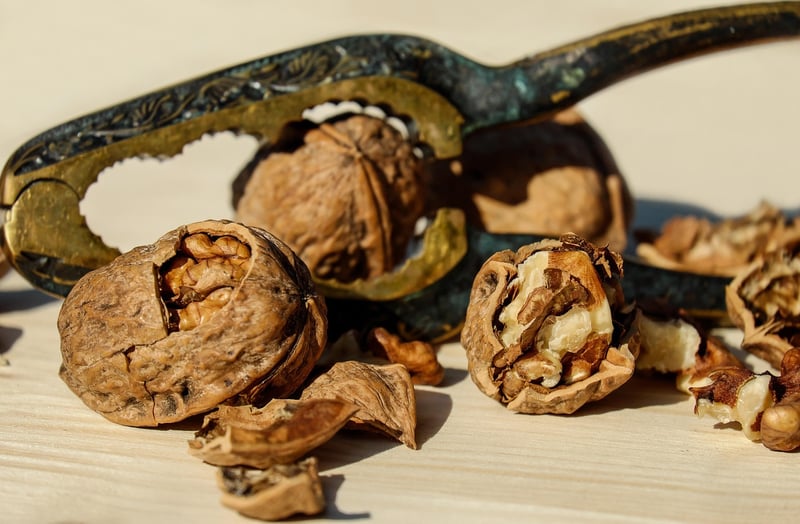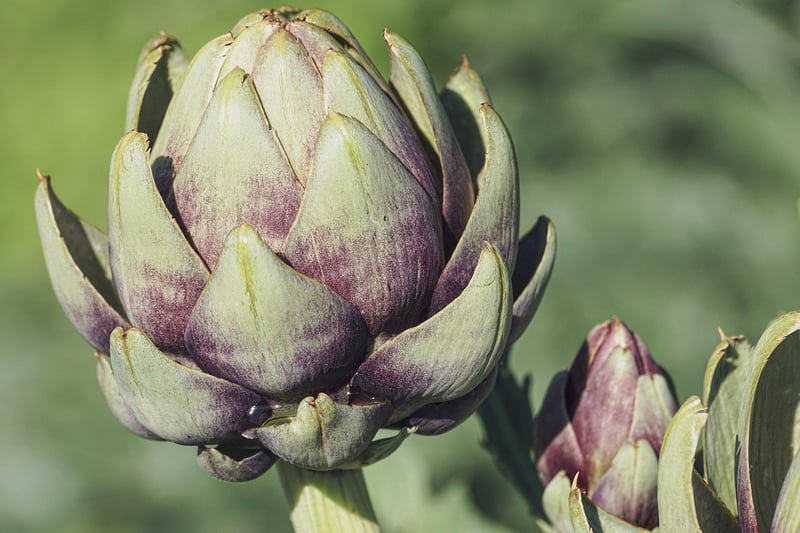Plant-based Options
The Essential Components of a Plant-Based Diet
Switching to a plant-based diet has gained popularity due to its numerous health benefits and positive impact on the environment. Whether you are considering going fully vegan or just looking to incorporate more plant-based options into your meals, understanding the key components of a plant-based diet is essential.
1. Vegetables
Vegetables are the foundation of a plant-based diet. They are rich in essential vitamins, minerals, and antioxidants. Aim to include a variety of colors and types in your meals to ensure a diverse nutrient intake.

2. Fruits
Fruits are another crucial component of a plant-based diet. They are naturally sweet and provide essential vitamins, fiber, and antioxidants. Incorporate a mix of fresh, frozen, and dried fruits into your daily meals.

3. Whole Grains
Whole grains like quinoa, brown rice, oats, and whole wheat are great sources of fiber, vitamins, and minerals. They help keep you full and provide sustained energy throughout the day.

4. Legumes
Legumes such as lentils, chickpeas, black beans, and peas are excellent plant-based sources of protein, fiber, and iron. They can be used in a variety of dishes, including soups, salads, and stews.

5. Nuts and Seeds
Nuts and seeds are packed with healthy fats, protein, and essential nutrients like omega-3 fatty acids. They make for excellent snacks or toppings for salads and yogurt.

6. Plant-Based Protein Sources
Plant-based protein sources like tofu, tempeh, seitan, and edamame are essential for those following a vegan or vegetarian diet. They can be used as meat substitutes in various recipes.

By incorporating these key components into your daily meals, you can enjoy a balanced and nutritious plant-based diet that supports your health and well-being while also helping the planet.
